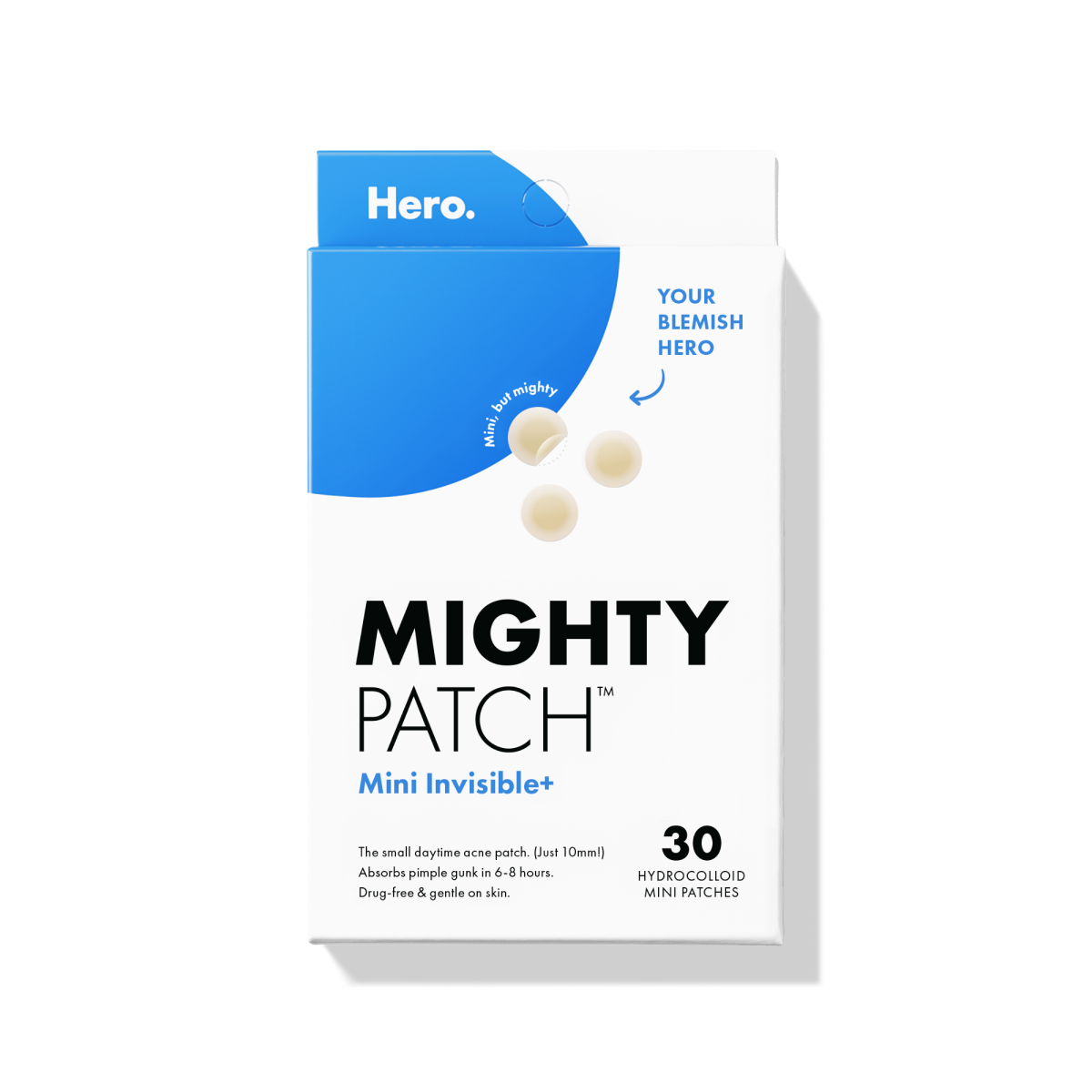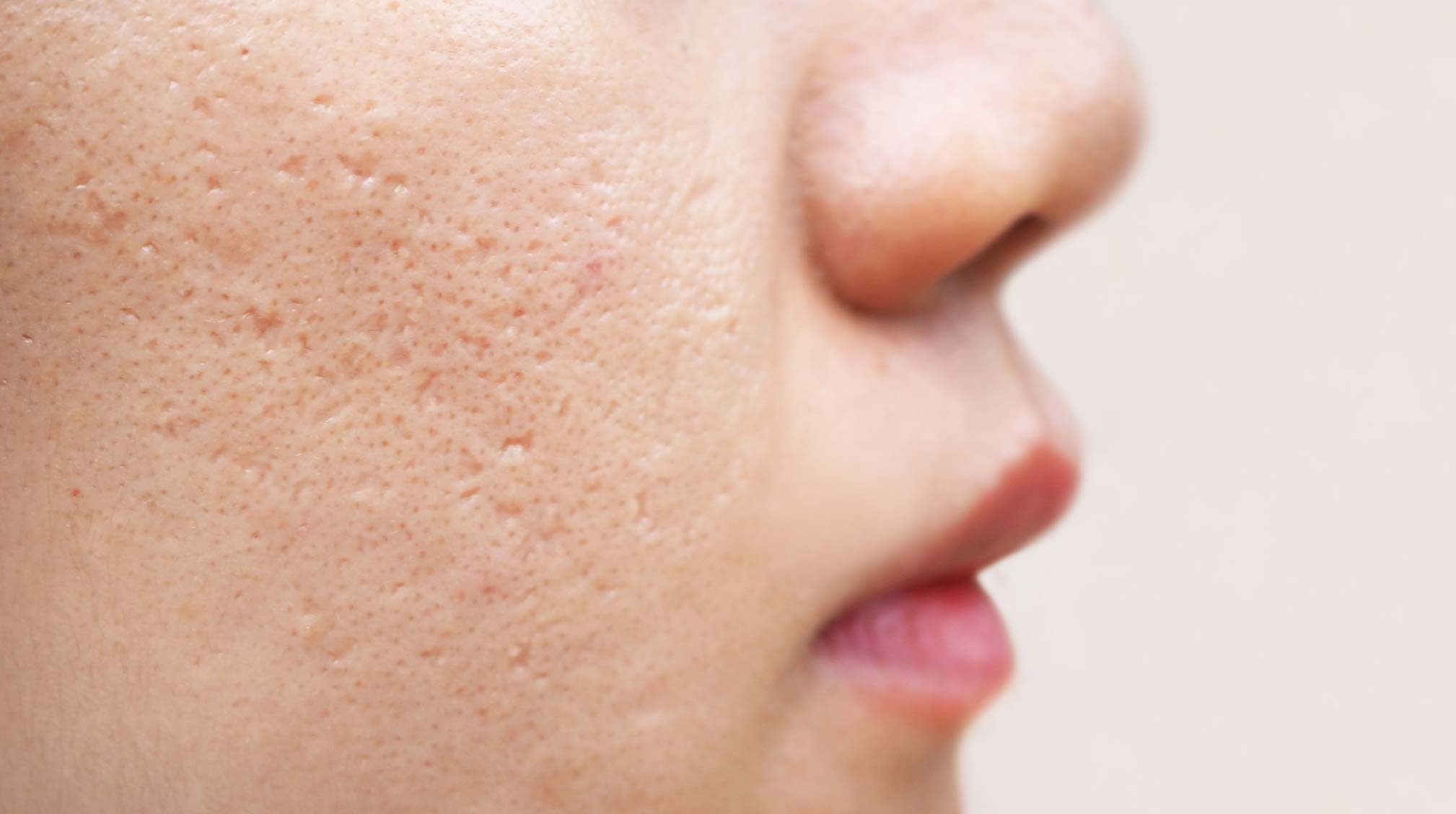
1. How would you describe your skin philosophy or approach to acne care?
My philosophy towards acne care is simple, which is to stop acne before it has a chance to develop. Thankfully, acne is caused by treatable issues, such as hyperactive oil glands on the skin that causes a build-up of oil, dead skin cells, and bacteria – leading to inflammation of the pores. While people suffer from acne due to different reasons, once the root cause of your acne has been identified and addressed, you won’t have to worry about constantly breaking out. In order to find out the cause of your acne, you should make an appointment with a dermatologist that can examine you and come up with a treatment and prevention plan.
2. Let’s talk about acne scars! How can we tell if what we’re dealing with is a dark spot versus a ‘real’ acne scar? How are they caused differently?
This is a great question because most people assume that any mark left behind by a pimple is an acne scar. In fact, that is not the case. In order to fully understand the difference, we need to understand how each of them develop.
Acne scars usually occur when you have a really bad pimple that can cause normal skin tissue to be damaged. Essentially, when you have severe pimples, our body tries to address the issue by making too much tissue to replace the damage tissue, which leads to the development of a hypertrophic scar. On the other hand, your body can also make too little tissue – which can cause what is known as an atrophic scare. Both of these are acne scars and unless you treat them, they can take a long time to go away.
On the other hand, dark spots are simple discolorations on your skin that occur from inflammation when the body tries to heal from a breakout. Essentially, pimples can cause your skin to become very stressed, leading to an increase in melanin levels. This causes a dark discoloration to be left on your skin, often long after a pimple heals.
3. We’ve read that some skin tones are more prone to acne scarring, such as keloids. Is that true?
Certainly, there are differences in the way different skin tones heal from acne. All individuals, regardless of skin tone, go through the same process when it comes to healing from acne. This includes undergoing inflammation, in which your body tries to heal by sending melanin to the region where acne is located. However, this is where differences emerge. In people with darker skin tones, their body sends too much melanin, causing hyperpigmentation. Additionally, studies have shown that darker skin tone has more fibroblasts, a type of cell that creates collagen. While high levels of collagen are great with regards to aging (as it keeps your skin firmer), the high levels of collagen can cause the darker skin to be more prone to developing keloid scarring.
4. A really underrated acne topic is body acne, how does body acne and body acne scarring form?
As some people know all too well, acne doesn’t just appear on the face, it also forms on several other parts including the back, chest, neck, shoulders, upper arms, and even the butt. Body acne is similar to facial acne in that it is also triggered by hyperactive oil glands, excess dead skin cells, and growth of acne-causing bacteria. Similarly, scarring forms as a result of the body’s reaction to the pimple – causing high levels of melanin to be deposited where the pimple is.
5. Which in-office procedures do you recommend for face and body acne scarring? Could you talk about the different types of laser treatments?
There have been made advances made in the field of acne scar removal over the last decade, particular in the field of laser treatments. Some of the most innovative procedures include the Nodlys Ellipse Frax Laser, which is a cutting-edge laser treatment that can remove acne and surgical scars. The Ellipse SWT IPL system is another type of laser treatment that targets scars with red and brown pigment (such as pigmented scars and red acne scars), which are often difficult to remove using less advanced technology.
RELATED READ: 'Real' Acne Scarring: How to Get Rid of Your Acne Scars
6. Any at-home treatments or OTC products to try? We’ve heard mixed opinions about microneedle rollers – what are your thoughts on these?
There are some great OTC skin treatments that can help you get rid of acne scars, such as the Mighty Patch Invisible+, which is a daytime acne patch that reduces the look of acne. Serums can also be great, such as The Ordinary’s Niacinamide 10% + Zinc 1%, which is a high-strength vitamin and mineral blemish formula that helps reduce acne scarring.
Microneedle rollers have also recently come to the forefront as a technique for triggering collagen production in skin cells. This is thought to improve volume, elasticity, and firmness of the skin. According to guidelines of the American Academy of Dermatology, microneedling works optimally for depressed (and not raised) acne scars. This is because raised acne scars indicate the presence of excess collagen. Microneedling is also considered safe for thin and sensitive skin. My opinion is that it even if it doesn’t work, it doesn’t hurt!
7. Can you give us a peek into your skincare cabinet? What’s your fave acne treatment? 😉
Skincare is different for everyone. While some serums and creams work well for some people, they don’t work at all for others. This is why you may have to experiment with different types of skin care regimens before you find one that suits you. For myself, I like to wash my face with a gentle cleanser, such as Cetaphil, followed by application of a vitamin C serum, sunscreen and a moisturizer! At night, I follow a similar regimen and switch out vitamin C for retinol.
Everyone gets acne
Acne is an issue that most people have to deal with at some point in their lives. The good news is, it can be stopped in its tracks once the root cause of your acne has been identified. Additionally, there are several new and innovative treatments that can allow you to eliminate the dark spots or acne scars that remain on your face or body. If you suffer from acne, you should see a dermatologist to initiate treatment as soon as possible.

Dr. Ammar Mahmoud is an expert in the field of minimally invasive, non-surgical cosmetic skin care and acne scar treatment. He is also the founder of Alinea Medical Spa Acne Scar & Laser Skin Care in NYC.
[[product-ad]]
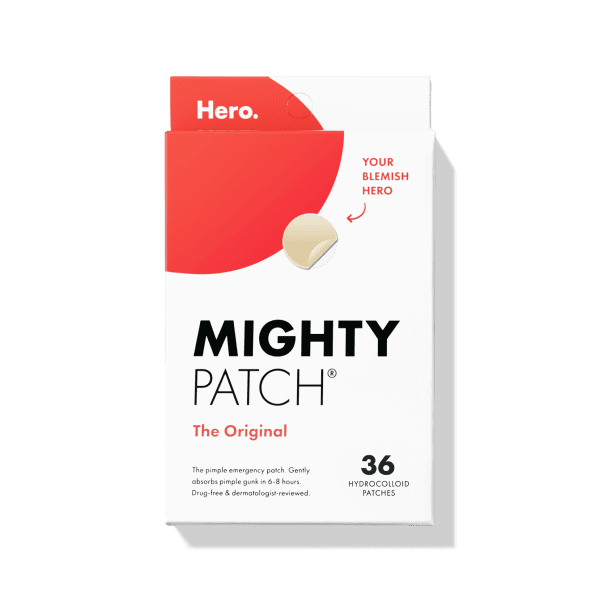
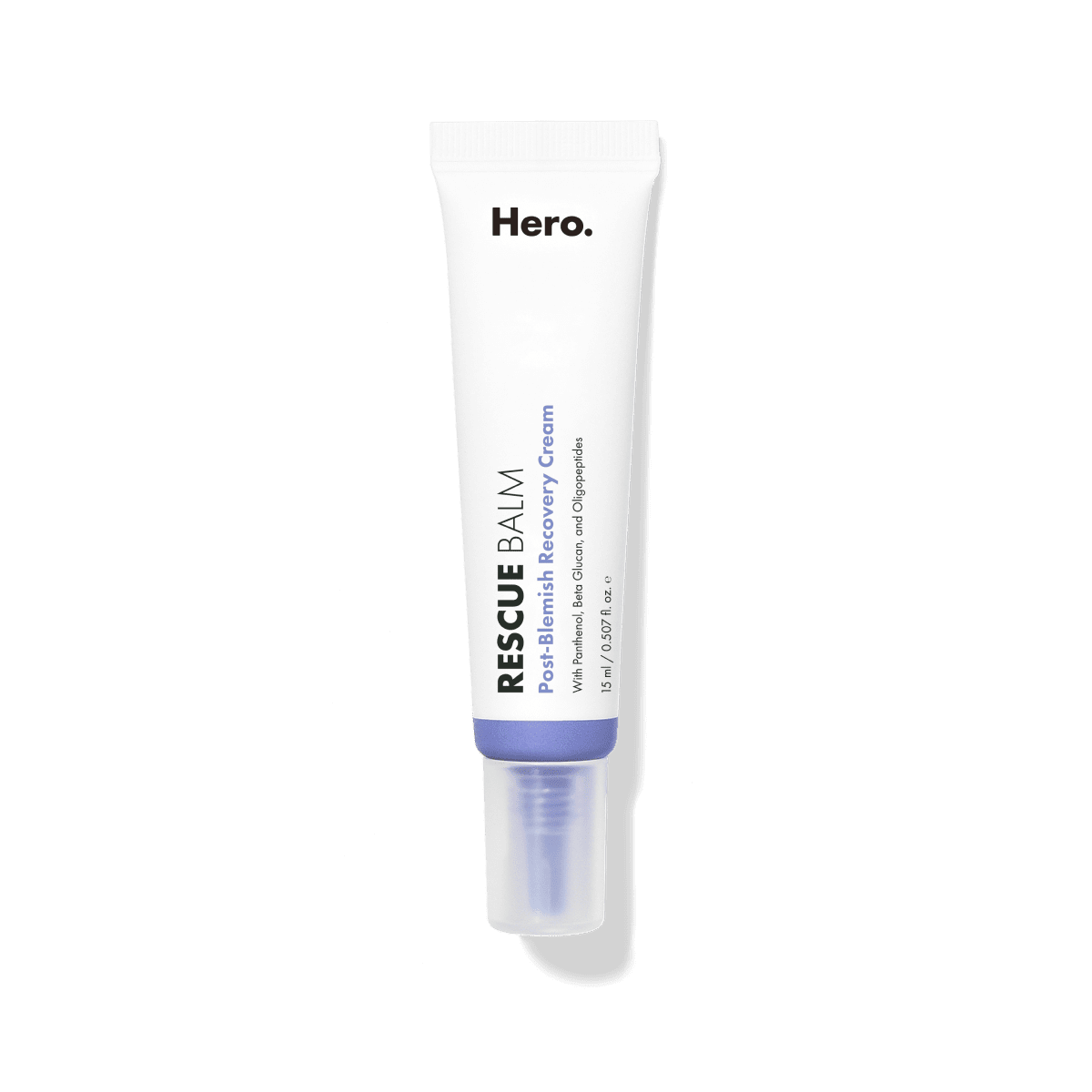
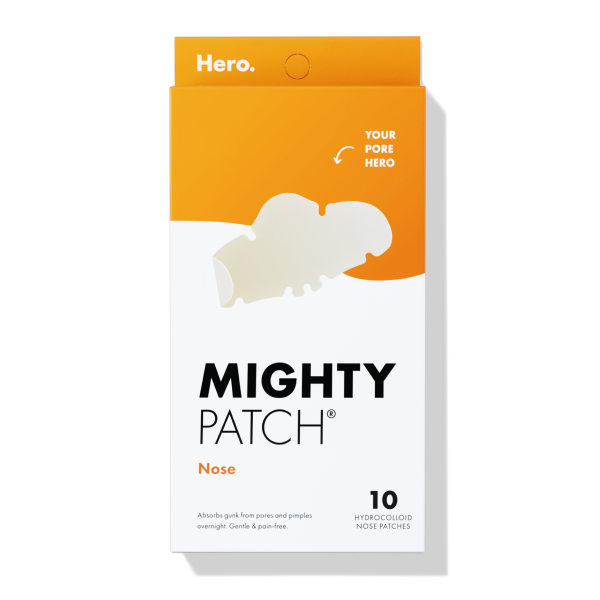
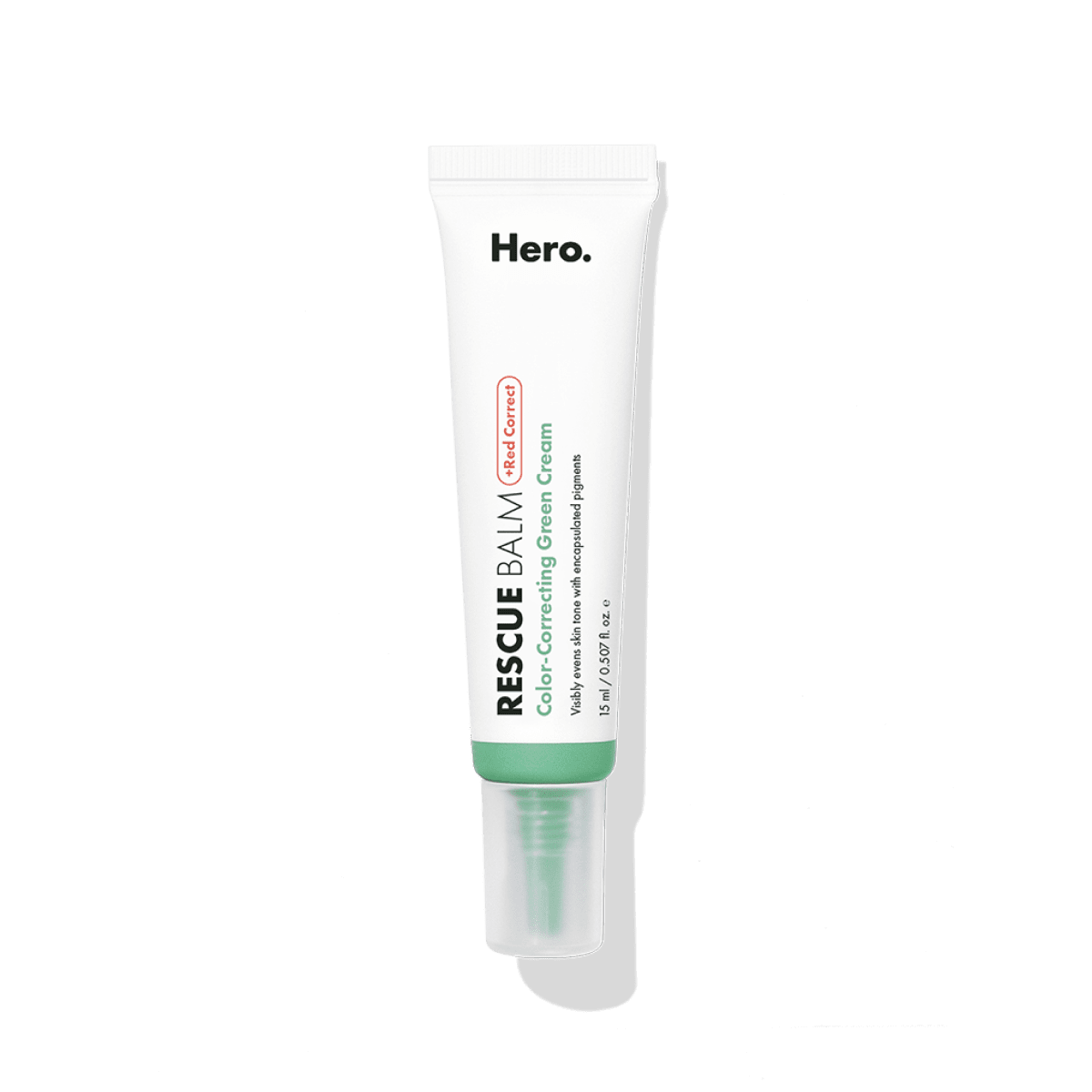
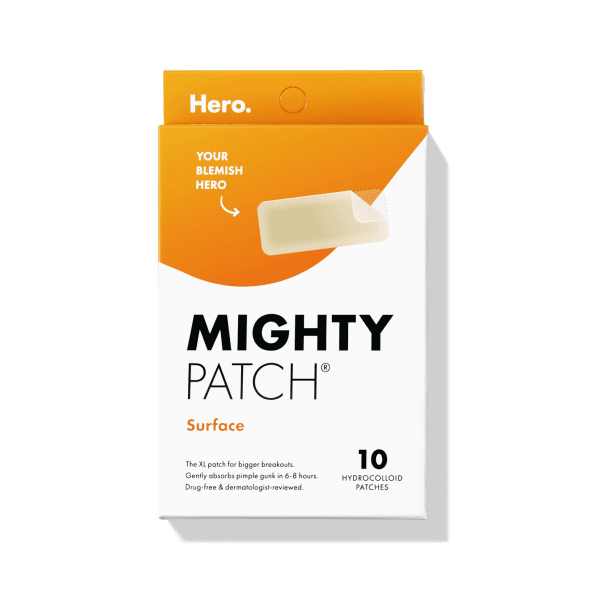
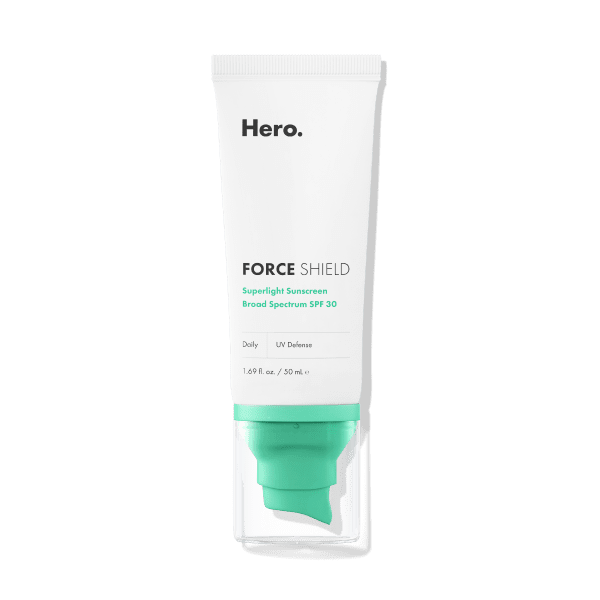
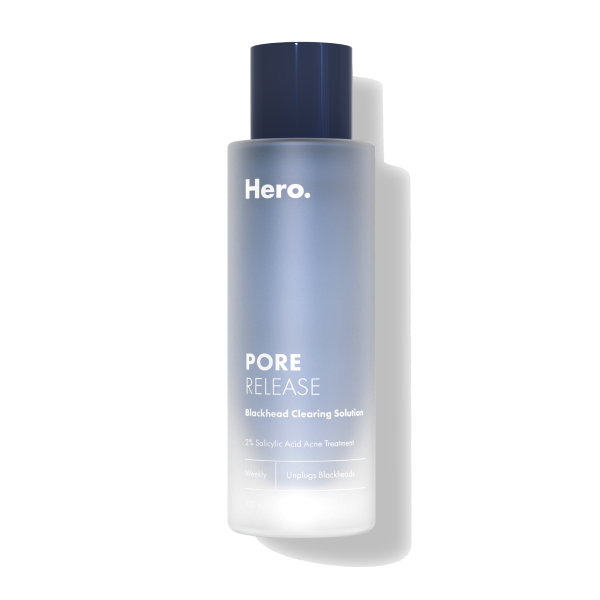



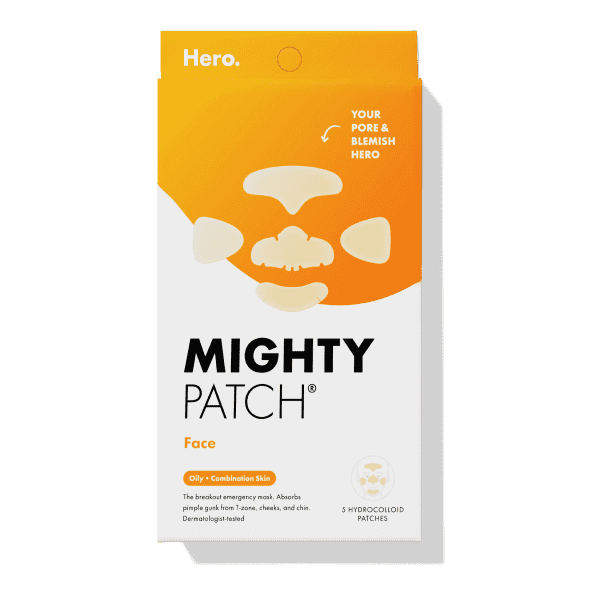

.png?v=1663017252122)
